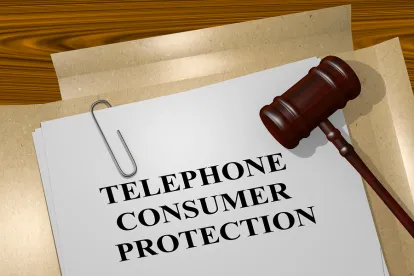Not to be outdone by their U.S. Senate colleagues, six Members of the House of Representatives have introduced the bi-partisan Locking Up Robocallers Act of 2019, H.R. 3325. The lead sponsor, Congressman A. Donald McEachin (D-VA) was joined by two Democrats (Members Andy Kim of New Jersey and Anthony Brindisi of New York) and three Republicans (Members Pete Olson of Texas, Susan Brooks of Indiana and David Kustoff of Tennessee). Per usual, the bill has been referred to the House Committee on Energy and Commerce.
Unlike the DO NOT Call Act, S. 1826, which we reported on yesterday, the McEachin proposal would not add specific criminal penalties to the TCPA. Indeed, it would not amend the TCPA. Rather, the bill would task the Chief of the Federal Communications Commission’s Enforcement Bureau (EB) to provide evidence of robocall violations to the Department of Justice (DOJ). The term robocall violation is defined to mean a violation of 47 U.S. Code 227 (b) or (e).
Specifically, if the EB Chief “obtains evidence that suggests a willful, knowing and repeated robocall violation with an intent to defraud, cause harm, or wrongfully obtain anything of value” the evidence must be provided to the Attorney General. The Federal Communications Commission (FCC) would be required to report and publish, no later than a year after enactment and annually thereafter, the number of instances during the prior year in which such evidence was provided, along with a summary of the types of robocall violations to which the evidence relates.
The proposal makes clear that, despite any referral to DOJ, the FCC and its EB retain the authority under other laws to pursue their own enforcement efforts or refer matters to the Attorney General.
Again, whereas the DO NOT Call Act would set criminal penalties, H.R. 3325 would require potentially incriminating evidence to be handed over to the prosecutor.




 />i
/>i

